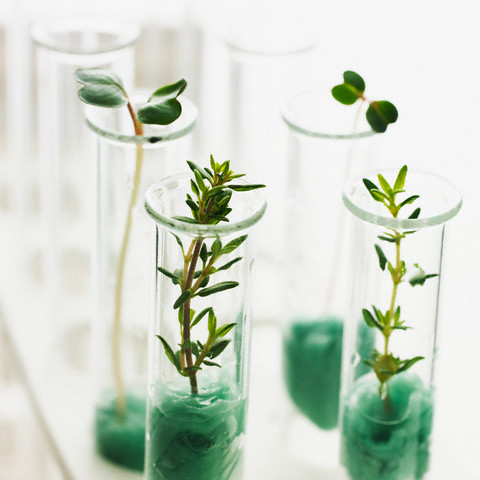International Journal of Pure & Applied Bioscience (IJPAB)
Year : 2018, Volume : 6, Issue : 2
First page : (575) Last page : (598)
Article doi: : http://dx.doi.org/10.18782/2320-7051.3031
A Review Report: Low Temperature Stress for Crop Production
Rahul Kumar1*, P. C. Chaurasiya2 R. N. Singh3 and Satyapal Singh3
1Research scholar (Soil Science), 2Scientist (Hort.) and 3Professor (Soil Science)
Indira Gandhi Krishi Viswavidyalaya, Raipur
*Corresponding Author E-mail: rahulsoiligkv@gmail.com
Received: 27.05.2017 | Revised: 30.06.2017 | Accepted: 6.07.2017
ABSTRACT
Temperature is a key abiotic signal that regulates plant function throughout development. Alterations in growth temperature act as a stimulus to initiate metabolic changes and promote developmental switches. In the first sight a simple question arises. How do plants sense change in temperature or more specifically how is lower than optimum temperature sensed by plants? Do they have a single thermo-sensor or multiple thermo-sensing mechanisms? The answer lies in the fact that plants are having special temperature preceptor organs, which are highly sensitive to sense a slight negative or positive change in its environment. These receptors not only sense the change in temperature but also inform the cellular headquarters (the nucleus) about the temperature-change condition. Low Temperature Stress in Crop Plants: The fundamental mechanisms involved in the temperature response of crop plants. It examines the hypotheses related to the primary temperature sensor in crop plants and the mechanisms of low temperature injury. It also explores the genetic potential for cold resistance. Special topics related to the utilization of Arrhenius plots of the temperature response of plants are also discussed.The Chilling and freezing to low temperatures leads to disturbances in all physiological processes –water regime, mineral nutrition, photosynthesis, respiration and metabolism. Inactivation of metabolism, observed at chilling of chilling-sensitive plants is a complex function of both temperature and duration of exposure. Response of plants to low temperature exposure is associated with a change in the rate of gene transcription of a number of low molecular weight proteins. According to this concept, there were distinguished possible ways to improve cold tolerance, which were combined into several groups: the thermal effect, chemical and the use of gene and cell engineering.
Key words: Temperature, Stress, Chilling injury, Water regimes
Full Text : PDF; Journal doi : http://dx.doi.org/10.18782
Cite this article: Kumar, R., Chaurasiya, P.C., Singh, R.N. and Singh, S., A Review Report: Low Temperature Stress for Crop Production, Int. J. Pure App. Biosci.6(2): 575-598 (2018). doi: http://dx.doi.org/10.18782/2320-7051.3031





